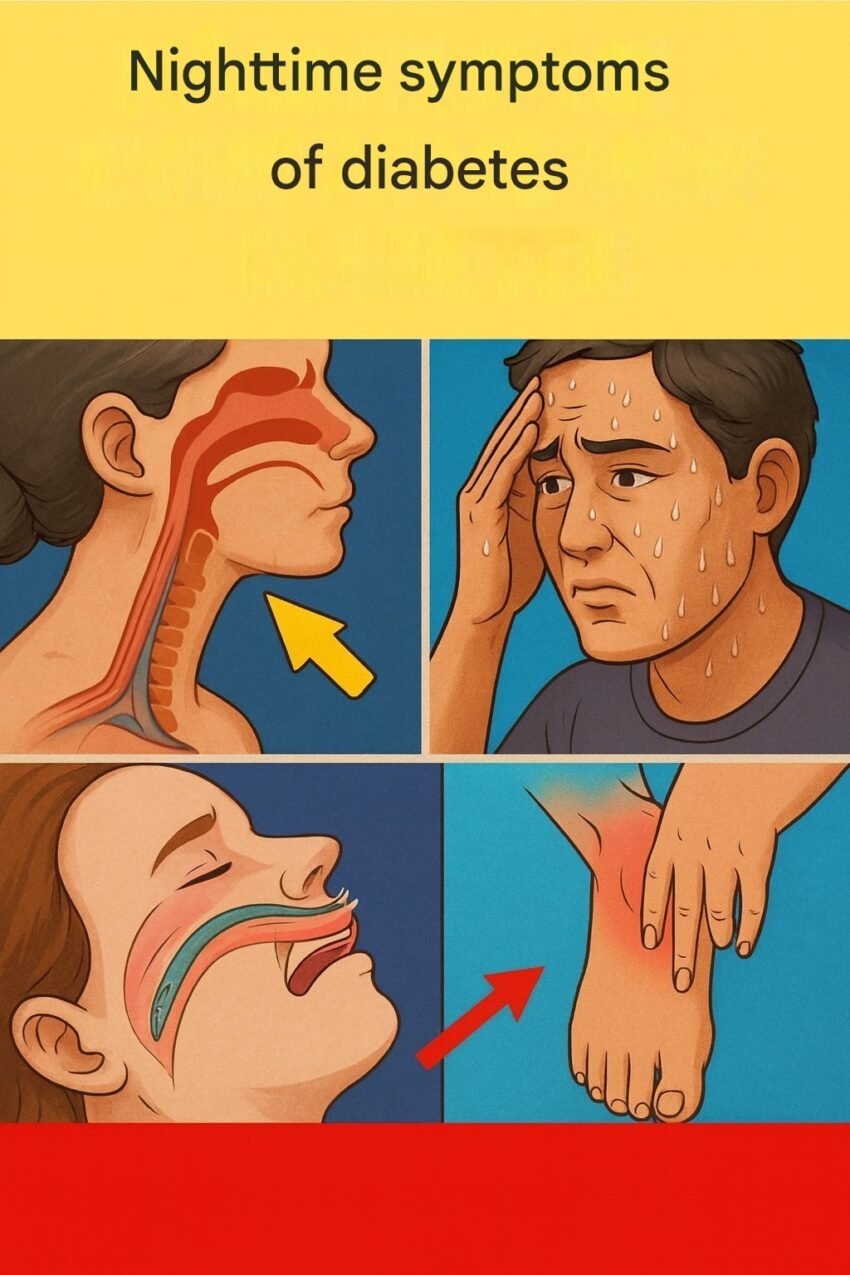Yes, it is definitely possible to have diabetes without knowing it, especially in the early stages. Many people with type 2 diabetes, in particular, may not realize they have it because symptoms can develop gradually and might be mild or mistaken for other issues.
Why You Might Have Diabetes Without Knowing It:
-
Slow onset: Type 2 diabetes often develops slowly over months or years.
-
Mild or no symptoms: Early symptoms can be subtle.
-
Lack of routine health checks: Without screening, high blood sugar can go unnoticed.
-
Attributing symptoms to other causes: Fatigue or thirst might be chalked up to stress or lifestyle.
Main Symptoms of Diabetes (Detailed)
1. Frequent Urination (Polyuria)
-
When blood sugar is too high, kidneys try to filter out excess glucose, which draws more water out with it.
-
This causes you to urinate more often, especially at night (nocturia).
-
You may notice a sudden increase in bathroom trips, disrupting sleep.
2. Excessive Thirst (Polydipsia)
-
Due to frequent urination, your body becomes dehydrated.
-
This triggers intense thirst and you may find yourself drinking much more water than usual.
3. Increased Hunger (Polyphagia)
-
Despite eating, cells can’t absorb glucose properly due to insulin issues.
-
This leads to a feeling of constant hunger because your body thinks it’s starving.
4. Unexplained Weight Loss
-
When cells don’t get glucose, the body starts breaking down fat and muscle for energy.
-
This causes weight loss even if you haven’t changed your diet or activity.
5. Fatigue
-
Lack of glucose in cells means low energy.
-
You may feel constantly tired, weak, or lethargic without a clear reason.
6. Blurred Vision
-
High blood sugar causes fluid to be pulled from tissues, including the lenses of the eyes.
-
This changes the shape of the lens, leading to blurry vision.
7. Slow-Healing Sores or Frequent Infections
-
Diabetes impairs blood flow and immune function.
-
Cuts, bruises, or infections take longer to heal.
-
You might notice frequent skin infections, urinary tract infections, or gum disease.
8. Tingling or Numbness in Hands or Feet (Neuropathy)
-
High blood sugar can damage nerves over time.
-
This causes a “pins and needles” sensation, burning, or numbness—usually starting in the feet.
9. Darkened Skin in Certain Areas (Acanthosis Nigricans)
-
This manifests as patches of dark, thickened skin, usually around neck, armpits, or groin.
-
It’s a sign of insulin resistance, a precursor to type 2 diabetes.
When to See a Doctor:
If you notice one or more of these symptoms, especially frequent urination, excessive thirst, unexplained weight changes, or fatigue, it’s a good idea to get checked by a healthcare professional. Early diagnosis and management can prevent complications.
